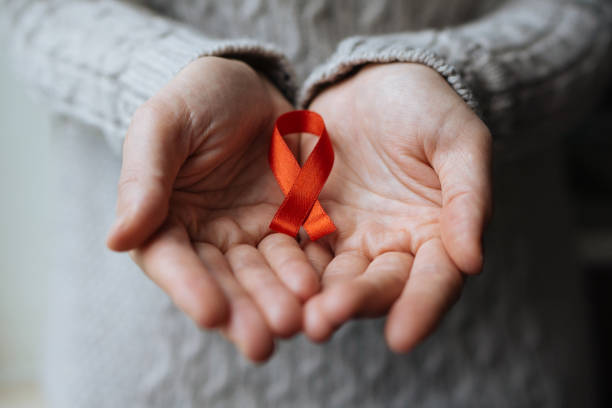A Guide to Taking a Rapid HIV Test: Steps and Costs
HIV testing is a crucial part of staying informed about your health. With advances in medical technology, getting tested has become easier and faster. One of the most convenient options available is the rapid HIV test. Here’s a simple guide on how to take a rapid HIV test, what to expect during the process, and the associated costs.
HIV testing is a crucial part of staying informed about your health. With advances in medical technology, getting tested has become easier and faster. One of the most convenient options available is the rapid HIV test. Here’s a simple guide on how to take a rapid HIV test, what to expect during the process, and the associated costs.

What is a Rapid HIV Test?
A rapid HIV test is a quick and simple way to determine whether you have been infected with HIV. Unlike traditional tests that may take several days for results, rapid tests can provide results in as little as 20 minutes. These tests usually work by detecting the presence of antibodies to the HIV virus in a sample of blood or oral fluid.
How Does a Rapid HIV Test Work?
There are a few different methods for administering a rapid HIV test, but the most common are blood tests and oral fluid tests. Here's how each method works:
- Blood Test: A small sample of blood is drawn, usually from a fingertip or arm. The sample is then tested for HIV antibodies. Results typically take 20 minutes or less.
- Oral Fluid Test: A swab of the inside of your cheek is taken to collect oral fluid, which is then tested for HIV antibodies. This method is non-invasive and also provides results in around 20 minutes.
Steps to Take a Rapid HIV Test
Taking a rapid HIV test is a simple process. Here’s a breakdown of what you can expect:
- Visit a Testing Facility: Find a healthcare provider or clinic that offers rapid HIV testing. Many public health organizations, clinics, and even some pharmacies offer this service.
- Provide Your Sample: Depending on the type of test, either a small blood sample or an oral swab will be taken. The process is quick and relatively painless.
- Wait for Results: After your sample is collected, the results will typically be available in about 20 minutes. In some cases, you may need to return later to get the results, depending on the type of rapid test used.
- Receive Your Results: If the test is negative, it means you do not have HIV, but it’s important to continue practicing safe behaviors. If the test is positive, you will need to follow up with a healthcare provider for confirmation and further steps.
Interpreting Rapid HIV Test Results
- Negative Results: A negative result means that HIV antibodies were not detected in the sample. However, if you have had a recent exposure to HIV, you may need to be retested after a few weeks, as it can take time for the antibodies to show up in the blood.
- Positive Results: A positive result does not mean you have HIV for sure. It indicates that HIV antibodies were detected in your sample, but confirmatory tests are necessary to make an official diagnosis.
Costs of a Rapid HIV Test
The cost of a rapid HIV test can vary depending on where you go. Many public health clinics and non-profit organizations offer free or low-cost HIV testing services. If you go to a private healthcare provider or a pharmacy, the cost may range from $20 to $50. It's always a good idea to check in advance about the cost, as some places may offer testing at no charge or based on a sliding fee scale.
Why Get Tested?
HIV testing is important for several reasons:
- Early Detection: Detecting HIV early allows you to start treatment sooner, which can help manage the virus and improve your quality of life.
- Protecting Others: Knowing your HIV status helps prevent the spread of HIV to others.
- Peace of Mind: Testing gives you clarity about your health and can reduce anxiety.
Conclusion
Rapid HIV testing is a fast, effective way to learn your HIV status. With the ease of access to testing and the availability of results in under 30 minutes, it’s a great option for anyone who wants to stay informed about their health. Whether you’re seeking testing for peace of mind or due to a recent risk factor, rapid HIV testing provides a quick and reliable answer. Remember, it’s always important to follow up with a healthcare provider for confirmation and further guidance if needed.